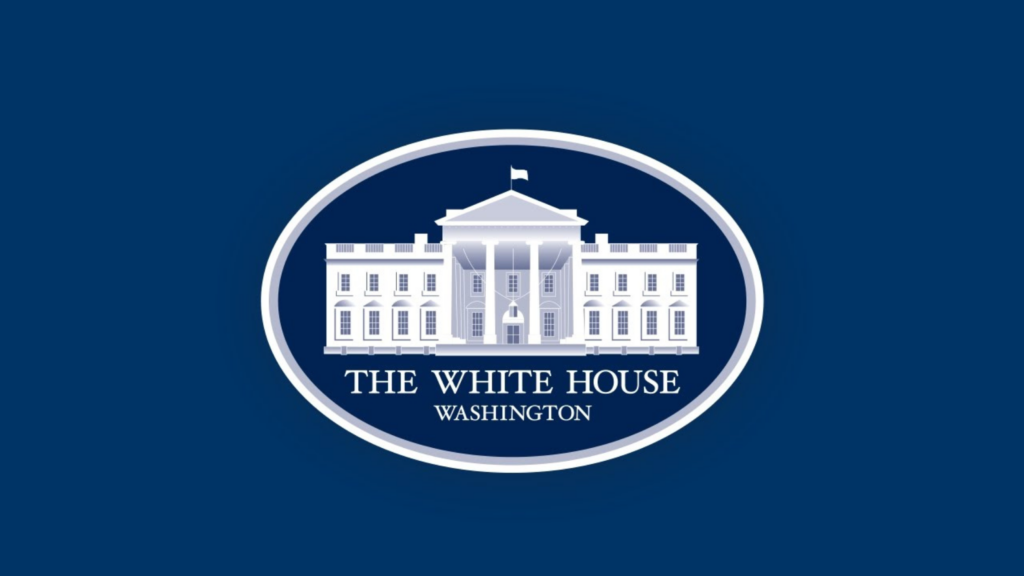UHRP Welcomes White House Action to Curb “De Minimis” Loophole and Strengthen Forced Labor Protections

September 17, 2024 | 9:00 a.m. EDT
For Immediate Release
Contact: Omer Kanat +1 (202) 819-0598, Peter Irwin +1 (646) 906-7722
The Uyghur Human Rights Project (UHRP) applauds the Biden-Harris Administration’s new executive actions addressing the growing abuse of the “de minimis exemption” in U.S. trade law, particularly by China-founded e-commerce platforms like Shein and Temu. These actions are a significant step forward in fighting forced labor tied to the Uyghur region.
Omer Kanat, UHRP Executive Director, said: “This action sends a powerful message that the U.S. will not tolerate forced labor in its supply chains. By closing loopholes that allow goods made by Uyghur forced labor to enter the U.S. market unchecked, we take a critical step toward ensuring accountability.”
In testimony before Congress in October 2023, UHRP called for urgent action on the “de minimis black box.” Director of Global Advocacy Louisa Greve said, “it is hard to believe that Congress intended for the de minimis provision to result in spotty or non-existent policing of Congress’s black-letter prohibitions on the importation of fake, dangerous, and forced-labor goods.”
After testifying at an April 2023 hearing of the Congressional-Executive Committee on China (CECC), Elfidar Iltebir, President of the Uyghur American Association, serving as a spokesperson for the Coalition to End Forced Labour in the Uyghur Region, stated: “There must be no loophole for companies to profit from the forced labour occuring in my homeland. Multinational corporations with ‘direct-to-consumer’ business models should not be permitted to skirt UFLPA compliance.”
UHRP particularly appreciates the statement of DHS Under Secretary Rob Silvers, chair of the Forced Labor Enforcement Task Force (FLETF), regarding the Executive Actions: “We will not tolerate forced labor in our supply chains.”
The exponential rise in de minimis shipments—over one billion a year in 2023—has allowed low-value goods, often produced under exploitative conditions, to enter the U.S. without appropriate scrutiny.
The new executive actions include rulemaking to reduce the volume of de minimis shipments and strengthen trade enforcement by excluding products covered by tariffs, including textiles and apparel, from the de minimis exemption. This will ensure that foreign companies cannot continue to exploit this loophole to undercut American businesses and workers while profiting from forced labor.
Additionally, new regulations will require enhanced data collection on de minimis shipments, improving visibility and accountability in imports. UHRP is encouraged by the Administration’s focus on protecting U.S. markets from goods produced with labor and strengthening enforcement of the Uyghur Forced Labor Prevention Act (UFLPA).
UHRP calls on Congress to swiftly pass comprehensive de minimis reform legislation to build on these efforts and further protect American consumers and ensure that products tied to forced labor are kept out of the U.S. market. Congress should also ensure that public procurement adheres to the same rigorous standards.
Read more:
Testimony of Louisa Greve, Director of Global Advocacy, Uyghur Human Rights Project | Hearing: Exploitation and Enforcement: Evaluating the Department of Homeland Security’s Efforts to Counter Uyghur Forced Labor | Subcommittee on Oversight, Investigations, & Accountability, Committee on Homeland Security, October 19, 2023
Analysts push lawmakers for more ‘proactive’ UFLPA enforcement, Inside U.S. Trade, October 20, 2023
Experts commend Uyghur Forced Labor Prevention Act implementation, call for more muscle, Coalition to End Forced Labour in the Uyghur Region, April 18, 2023
Import Security and Fairness Act of 2023 (H.R.4148/S.2004)
